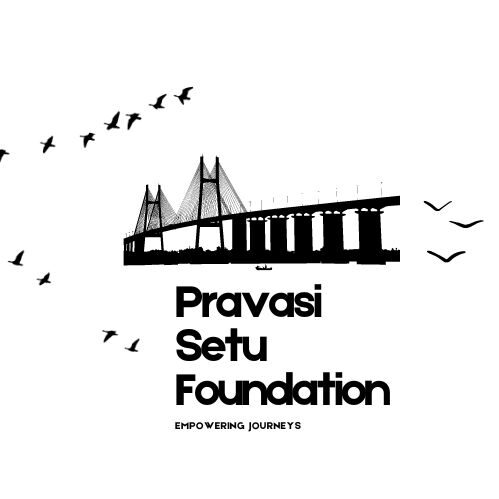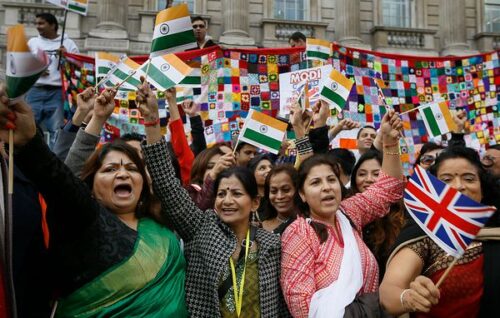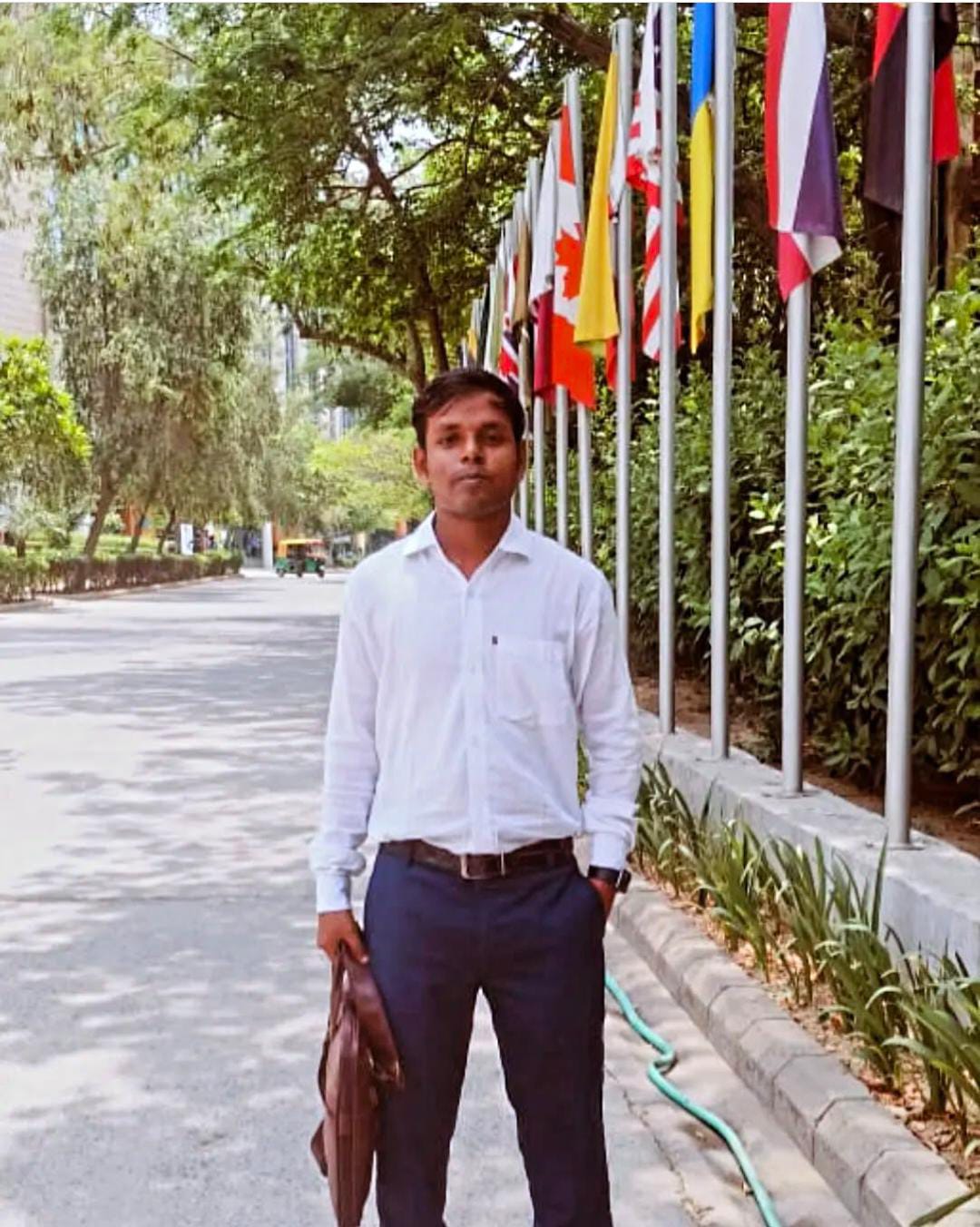Introduction
The Indian diaspora in the United States has a tremendous legacy from the 1960s after easing immigration policies by the U.S.A. government. In pursuing higher education and economic well-being, the Indian diaspora looked forward to settlement on U.S. soil. Now, more than 4.4 million Asian Indian diasporas play a significant role in the U.S., especially in the sphere of Science, Technology, Engineering, and Mathematics (STEM). The contribution of the Asian Indian diaspora is not limited to only STEM but also to the fields of business and arts.
Cultural Diversity via Indian Diaspora
Indian Diasporas are the second-largest immigrants in the U.S. after Mexicans comprising more than 4.4 million individuals. A national survey namely the Indian Americans Attitude Survey (IAAS), 2020 conducted by the Carnegie Endowment for International Peace, Indian Americans are highly educated, young, well employed, and even earn higher incomes, compared to the American workforce. Indian Diaspora made the channel for the exchange of Indian values and bringing closer to U.S. society for instance Truth and righteousness, Peace, Love, and nonviolence, respect for elders, and holding democratic values, enriching the cultural tapestry of American society. The amalgamation of the Indian and American cultures produced cultural duality for the betterment of society with strong family values, the dignity of labour, honesty in public life, and empowerment of youth and women as tools for a brighter future.
Indian Professionals Making Waves in America
Indian Diaspora in the U.S. is around 0.7% of the U.S. population but they hold prominent positions in various sectors. Merril Lynch, a U.S. investment firm, has estimated 200,000 millionaires of the Indian diaspora boosting the American economy. According to entrepreneur and venture capitalist Mr M.R. Rangaswami, despite being one per cent of the U.S. population, the Indian Diaspora constitutes 7% of the doctors and 10% of the IT professionals. Furthermore, the Professional achievements of the Indian Diaspora can be seen in the report of Fortune 500, there are around 60 Chief Executive Officers (CEOs) at apex-level corporate sector companies in the list of Fortune 500. Sundar Pichai of Google, Satya Nadella at Microsoft, Nikesh Arora at Palo Alto Networks, Arvind Krishna at IBM, and Shantanu Narayen at Adobe Inc., etc are examples of brilliance. The potential of the Indian Diaspora is not limited to only the IT sector and managerial achievements but also around 20,000 Indian Americans serving in the capacity of professors in several universities in the U.S.A.
Diverse Voices and United Front for Shaping American Democracy
The U.S. India Political Action Committee facilitates to provides a national-level platform for local leaders and organizations for transnational political activism and seeks to make its voice heard in electoral politics of the U.S.A. Despite being a small percentage of the population, it makes them notable contributions to U.S. politics and are ready as political stalwarts in the U.S.A. As per Mr M.R. Rangaswami, between 2012 and 2016, one per cent of the U.S. Congress members were of Indian origin and Kamala Harris is a prominent example of them. Indian Diasporas influenced bilaterally and regional politics and strived to bridge the gap between the U.S.A. and India.
Conclusion
The Indian Diaspora in the USA enriched several social impacts, for instance, cultural diversity, professional upliftment, and economic well-being for both themselves and US society, including prosperity in educational research, innovation, social and political activism, and exchange of cultural values in shaping the social fabric of the American heartland. As this diaspora continues to evolve and proliferate, it is likely to further enrich the USA’s social landscape.



Leave a Reply